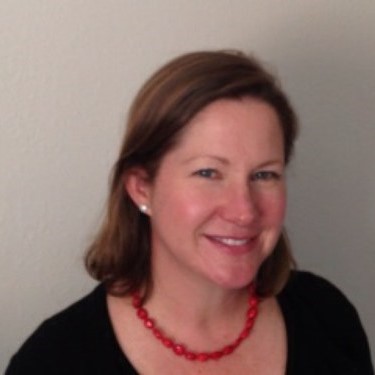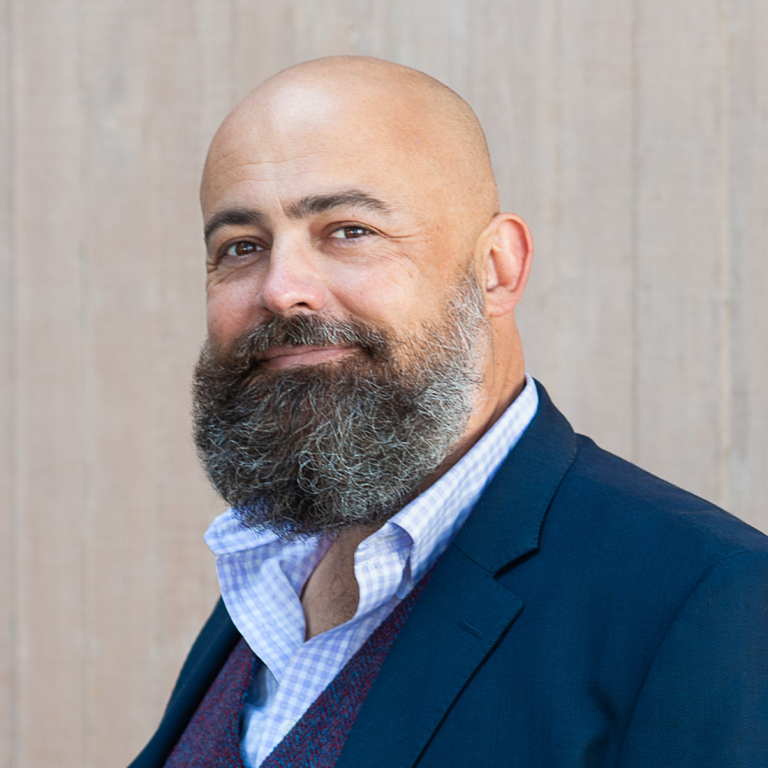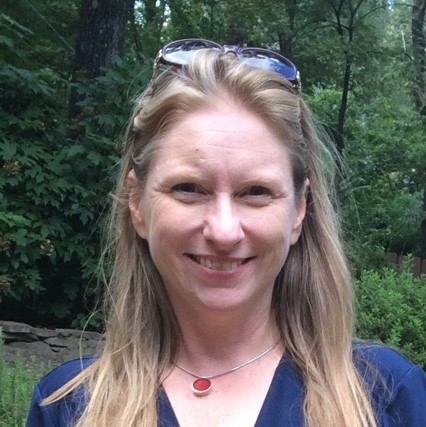Party of One: A Crash Course for Improving Your Work with Single Subject Research Design



Sunday, June 5, 2022 - 1:00 p.m. to 5:00 p.m. UTC/GMT -7 (Pacific Daylight Time)
Research relevant to clinical psychology typically relies on large-N, comparative, probabilistic studies (including RCTs). This experimental model offers benefits: Divergent therapies can be compared based on outcome variables; conclusions can be drawn about causality; and investigators have many ways to account for confounds. But large-N experiments have also been widely criticized: Samples can be overly homogeneous; career contingencies in academia discourage systematic replication; and nomothetic hypotheses can foster confirmation biases. Moreover, large-N experiments typically require labs and extensive resources, which all but shut working clinicians out of the research process. The behavioral tradition, though, has long made use of single-case experimental design (SCED). Through alternating baseline, implementation, and reversal phases, SCED researchers can draw sound conclusions about behavioral control while retaining contextual richness. This workshop is a broad overview of SCED methodology.
Participants will learn about time-series experimental design, data collection and analysis strategies to enhance applied practices, reporting approaches, and the limitations of SCED. A vision for expanding single-case research done by working clinicians and aggregated using emerging meta-analytic approaches will be built.
About Kate Kellum, Ph.D., BCBA-D:
Kate currently serves as an Instructional Associate Professor & Assistant Chair of Psychology at the University of Mississippi. She holds a masters degree in education from Purdue University and a doctoral degree in psychology from the University of Nevada Reno. Kate has considerable experience in assessment of educational and research activities, time-series research design, and performance measurement/improvement. She has been consulting with schools, universities and non-profits in the USA and UK for over 20 years to improve their ability to implement contextual changes and measure learning/organizational outcomes.
About Troy DuFrene, M.A.:
Troy DuFrene is a psychotherapist and author. He is coauthor of multiple books, including Coping with OCD, Mindfulness for Two, and Things Might Go Terribly, Horribly Wrong. He offers individual, couple, and family psychotherapy and clinical assessment through the San Francisco Center for Compassion-Focused Therapies. He also provides services to students through Student Psychological Services at Santa Rosa Junior College. He lives and works in Alameda, CA, in the San Francisco Bay Area.
About Heather Garnos, M.S.:
Heather Garnos, MS, PN1, is an OBM practitioner and behavioral nutrition and fitness coach in private practice. She received her bachelor's degree in English Literature from UC Berkeley and her master's degree in Applied Behavior Analysis from Western Connecticut State University. In her role as a book editor and publishing executive, she has been dedicated to disseminating ACT and other evidence-based interventions to the general public for more than twenty years.
Learning Objectives:
Following this workshop participants will be able to:
- Describe common structures of single-case experimental design
- Describe common features of SCED data collection strategies
- Compare common features of SCED and group design data analysis strategies
- Compare the appropriateness of various designs for particular applied questions
- Compare the advantages and limitations of SCED with group designs (in applied settings)
- Discuss meta-analytic strategies for working with aggregated data collected through SCED
- Compare traditional SCED analysis with meta-analytic and bayesian strategies
- Plan for the collection of data in applied settings that uses SCED principles
- Plan for the sharing and dissemination of such data
- Plan for using meta-analytic strategies in applied settings
Target Audience: Beginner, Intermediate, Clinical, Applied (in non-clinical settings)
Components: Conceptual analysis, Literature review, Didactic presentation, Case presentation, Strategic planning
Package Includes: A general certificate of attendance

